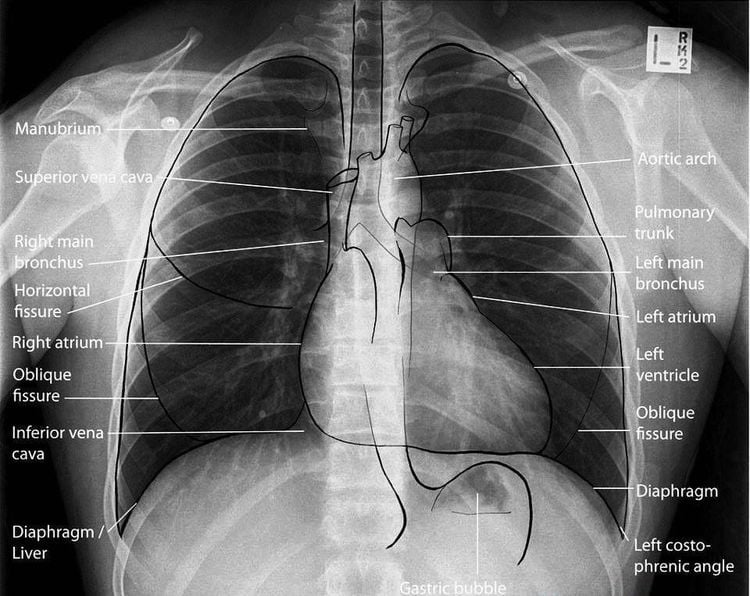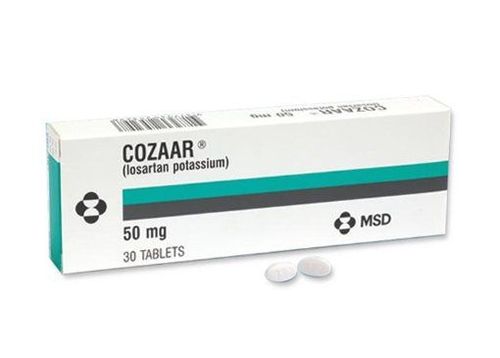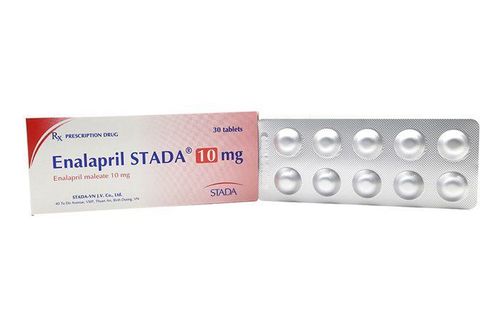This is an automatically translated article.
Written by: GS. Do Doan Loi - Senior Advisor Cardiology Center - Cardiovascular Center, Vinmec Times City International General Hospital.Today there are many advances in the treatment of heart failure. Controlling adherence to medication regimens and lifestyle, incorporating close monitoring are the first steps. As heart failure progresses, heart failure specialists can offer even more optimal treatment options, such as heart failure surgery. The goals of heart failure treatment are to slow disease progression (thereby reducing the risk of death and hospitalizations), improve symptoms, and improve quality of life.
1. How to diagnose heart failure?
To diagnose heart failure, your doctor will ask a lot of questions about your symptoms and medical history. You will be asked about any conditions you have that could be a cause of heart failure (such as coronary artery disease, angina, diabetes, valvular disease, and high blood pressure). You will be asked about your smoking history, alcohol consumption (how long and how many cigarettes you smoke per day, how much alcohol you drink, ...) and medications you take.
You will also get a comprehensive examination. Your doctor will listen to your heart and look for any signs of heart failure as well as other conditions that could be the cause of your heart failure.
Your doctor may ask you to do other tests to determine the cause and severity of your heart failure. Tests include:
Blood tests : Blood tests are used to evaluate kidney function, liver function, and thyroid gland as well as to check blood fats, blood sugar, electrolytes and status. anemia if present.
NT-pro BNP test: BNP is a substance secreted by the heart in response to increased pressure in the chambers of the heart, which occurs when heart failure progresses or worsens. Blood BNP levels increase when symptoms of heart failure worsen and decrease when heart failure is stable. BNP levels in people with heart failure - even when the condition is stable - can be higher than in people with normal heart function.
Chest X-ray: A chest X-ray shows the size of your heart and whether or not pleural and pericardial effusion is present.

Chụp X - Quang ngực
Electrocardiogram: An electrocardiogram records the electrical activity emitted by the heart.
Cardiac catheterization: This test helps in coronary angiography, determining whether or not coronary stenosis is a cause of congestive heart failure,
Stress test : An exploratory test that provides information about coronary artery disease and about your exercise capacity.
2. Heart failure surgery
In heart failure, surgery can sometimes prevent further damage and improve the function of the heart. Heart failure surgeries include:2.1 Coronary artery bypass surgery
The most common surgery in heart failure due to coronary artery disease is bypass surgery. Although this surgery faces many different risks. New strategies before, during, and after surgery have reduced risk and improved prognosis.
Heart valve replacement surgery. Heart valve disease can be treated both with surgery (traditional valvular surgery) and percutaneous valve replacement (TAVI,...)
Left ventricular assist device implantation. Left ventricular assist devices are known as the bridge for heart replacement for patients who have failed to respond to other therapies and are hospitalized with severe systolic dysfunction. This device helps the heart pump blood to feed the body. It allows you to wait for a heart transplant. It can be used as target therapy for patients unsuitable for heart transplantation.
Heart transplant. A heart transplant is considered when heart failure is too severe to respond to all other measures, but other health problems are good.
3. What drugs should be avoided when treating heart failure?
There are several different medications that should be avoided in case you have heart failure including:
Anti-inflammatory drugs. Some antiarrhythmic drugs. Most calcium channel blockers (if you have systolic dysfunction). Some nutritional supplements, such as salt substitutes and growth hormone therapies. Antacids contain sodium salts. Nasal sprays like Sudafed. If you are using these medicines, talk to your doctor.
It is important that you know the names of your medicines, what they are for, how much and when to take them. Keep your prescription and bring it with you to every follow-up visit. Do not quit smoking on your own without talking to your doctor. Even if you have no symptoms, the medicine you take will reduce the strain on your heart and help it work more efficiently.
4. What are the prospects for the treatment of patients with heart failure?

Phẫu thuật điều trị cho bệnh nhân suy tim tại Vinmec
With the right care, heart failure may not stop you from doing the things you enjoy. Your prognosis for heart failure and your future outlook depends on how well your heart muscle is functioning, your symptoms, and your response to and adherence to your treatment plan.
Heart failure management is a team effort and you are a key member of the team. Your cardiologist will prescribe you medications and manage other health problems. Other team members, including nurses, nutritionists, pharmacists, exercise specialists and social workers - will help you achieve success. But it's up to you to take medication, change your diet, make lifestyle changes and follow-up appointments on time and you become an active member of the team.
Heart Center - Vinmec Times City International General Hospital is one of the few specialized heart failure clinics built the earliest in Vietnam. Vinmec Heart Failure Clinic has referenced the model of the US and Singapore, bringing hope of effective treatment for patients with heart failure.
In addition, customers who have risk factors for heart failure, have indications for medical examination, and customers in need can refer to the heart failure examination package to help detect the condition early, from which doctors will advise Consult a treatment plan that is right for your health.
Please dial HOTLINE for more information or register for an appointment HERE. Download MyVinmec app to make appointments faster and to manage your bookings easily.













